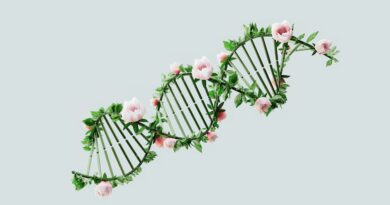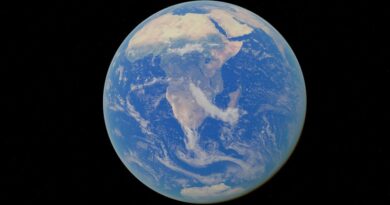The Impact of Human Activity on Natural Resources
As humans, we are deeply interconnected with the natural world around us. Our daily activities, whether its driving a car, using electricity, or consuming goods, have a direct impact on the environment and the natural resources that sustain life on Earth. In recent decades, the rapid growth of human population and industrialization has put immense pressure on our planets resources, leading to widespread degradation and depletion. In this article, we will delve into the complex web of interactions between human activity and natural resources, exploring the various ways in which our actions shape the environment and discussing potential solutions to mitigate these impacts.
Resource Depletion: A Growing Concern
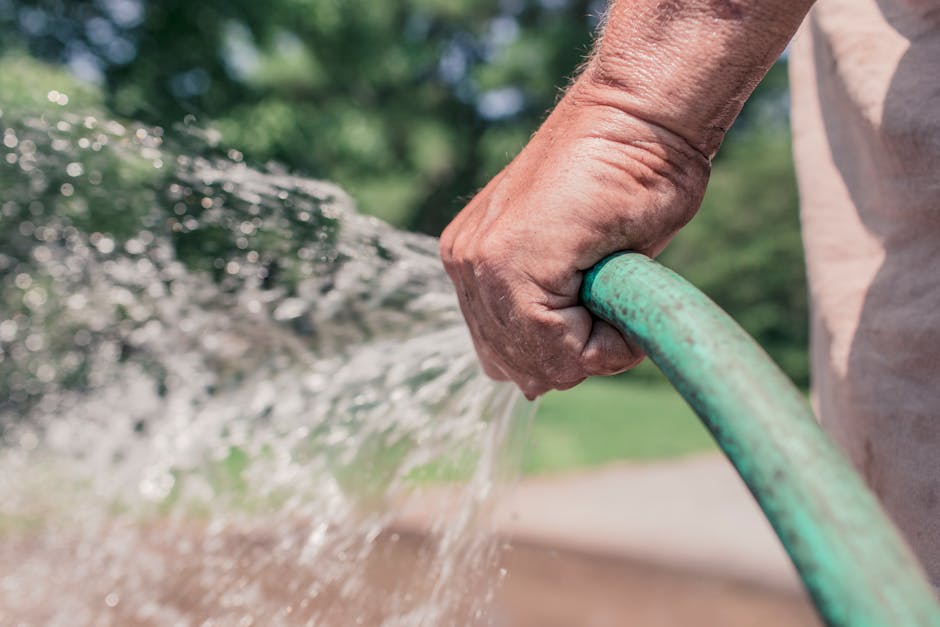
One of the most pressing issues related to human activity and natural resources is the depletion of finite resources such as fossil fuels, minerals, and water. As our global population continues to grow, so does our demand for these resources, leading to overexploitation and depletion. For example, the extraction of fossil fuels like oil and natural gas has not only led to air and water pollution but has also contributed to climate change through the release of greenhouse gases. Similarly, the mining of metals and minerals for various industries has resulted in habitat destruction, soil erosion, and water contamination.
The exponential growth of agriculture and urbanization has also put immense pressure on freshwater resources, leading to water scarcity in many parts of the world. Unsustainable irrigation practices, pollution from industrial and agricultural runoff, and the impact of climate change are all exacerbating this problem. As a result, many regions are facing water shortages, affecting both human populations and ecosystems.
Biodiversity Loss: The Silent Crisis
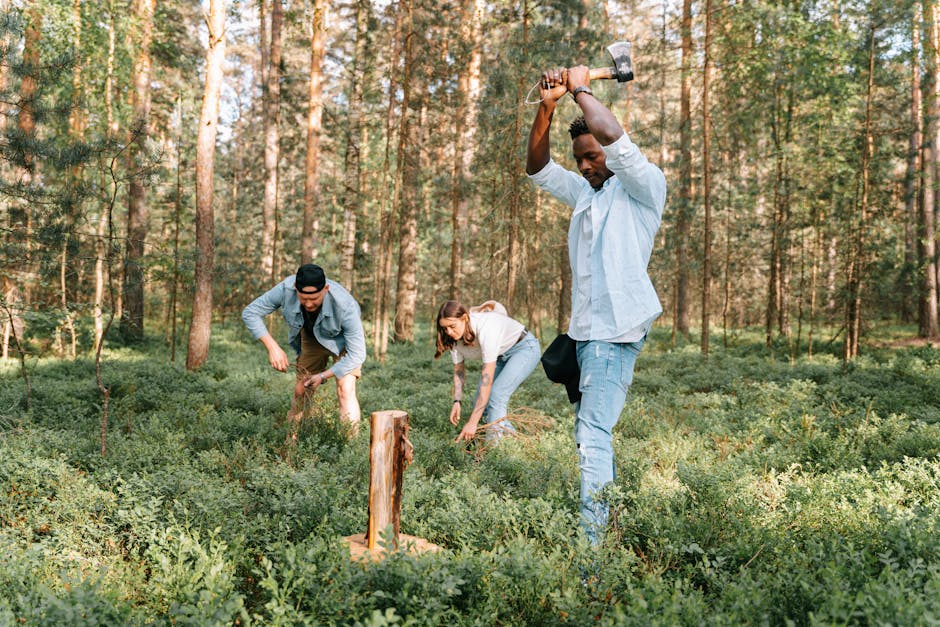
Human activities, such as deforestation, urbanization, and agriculture, are major drivers of biodiversity loss worldwide. The destruction of natural habitats to make way for agriculture, infrastructure, and urban development has led to the fragmentation and loss of critical ecosystems. This, in turn, has resulted in the extinction of numerous plant and animal species, disrupting entire food chains and ecological balances.
One of the most significant threats to biodiversity is climate change, which is driven by the burning of fossil fuels and deforestation. Rising temperatures, changing precipitation patterns, and more frequent extreme weather events are all impacting ecosystems and species around the world. Coral reefs, for example, are highly vulnerable to the effects of climate change, with widespread coral bleaching events occurring due to increased ocean temperatures and acidity.
Pollution: A Global Challenge

Human activities, such as industrial production, transportation, and waste disposal, have led to widespread pollution of air, water, and soil. Air pollution from burning fossil fuels, industrial emissions, and agricultural practices has serious health implications for humans and wildlife alike. Particulate matter, ground-level ozone, and toxic chemicals can cause respiratory diseases, cardiovascular problems, and even lead to premature death.
Water pollution is another significant issue caused by human activities, particularly from industrial discharges, agricultural runoff, and improper waste disposal. Contaminants such as heavy metals, pesticides, and pharmaceuticals can enter water bodies, affecting aquatic ecosystems and posing risks to human health through contaminated drinking water sources. Soil pollution, from improper waste disposal and the overuse of chemical fertilizers and pesticides, can degrade soil quality and impact agricultural productivity.
Sustainable Solutions: Nurturing Our Planet
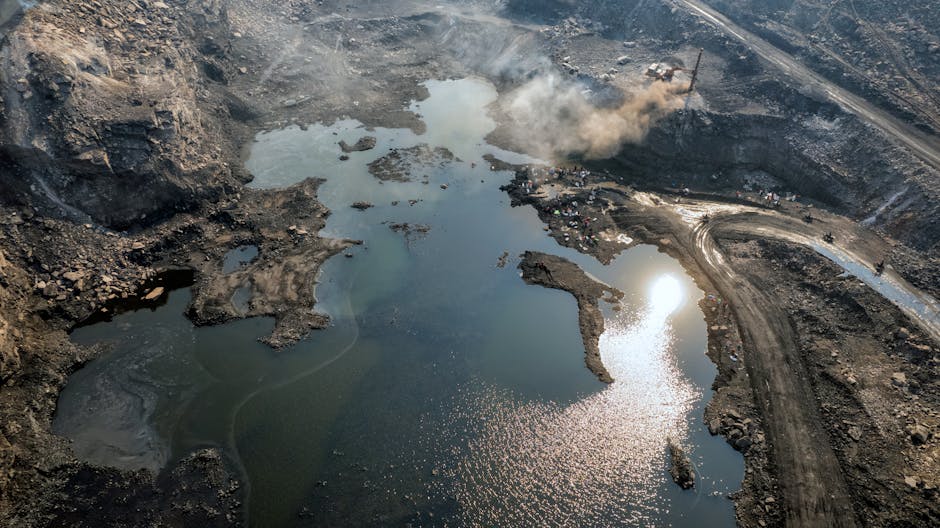
Although the impact of human activity on natural resources is undeniable, there are ways to mitigate these effects and promote sustainable practices. One key approach is to adopt renewable energy sources such as solar, wind, and hydropower to reduce our reliance on fossil fuels and lower greenhouse gas emissions. Transitioning to a circular economy, where resources are reused, recycled, and regenerated, can also help minimize waste and conserve valuable materials.
Conservation efforts, such as establishing protected areas, promoting sustainable land use practices, and restoring degraded habitats, are crucial for preserving biodiversity and ecosystems. Education and awareness campaigns can also play a vital role in informing the public about the importance of conserving natural resources and adopting sustainable lifestyles. By making small changes in our daily habits, such as reducing energy consumption, minimizing waste, and supporting eco-friendly products, we can all contribute to a healthier planet.
Common Misconceptions
One common misconception about the impact of human activity on natural resources is that technological advancements alone can solve environmental problems. While technology can certainly play a role in mitigating environmental impacts, it is essential to address the root causes of resource depletion, biodiversity loss, and pollution through systemic changes in our consumption patterns and production systems.
Conclusion
In conclusion, the impact of human activity on natural resources is a complex and multifaceted issue that requires urgent attention and action. From resource depletion and biodiversity loss to pollution and climate change, our actions have far-reaching consequences for the environment and future generations. By acknowledging the interconnectedness of all living beings and ecosystems, we can work together to protect and preserve our planet for the benefit of all. Let us strive to be responsible stewards of the Earth, making conscious choices that promote sustainability and harmony with nature.
Remember, the choices we make today will shape the world we leave behind for tomorrow. It is up to each of us to take action, no matter how small, to protect and care for our natural resources. Together, we can make a difference and create a more sustainable future for all.



